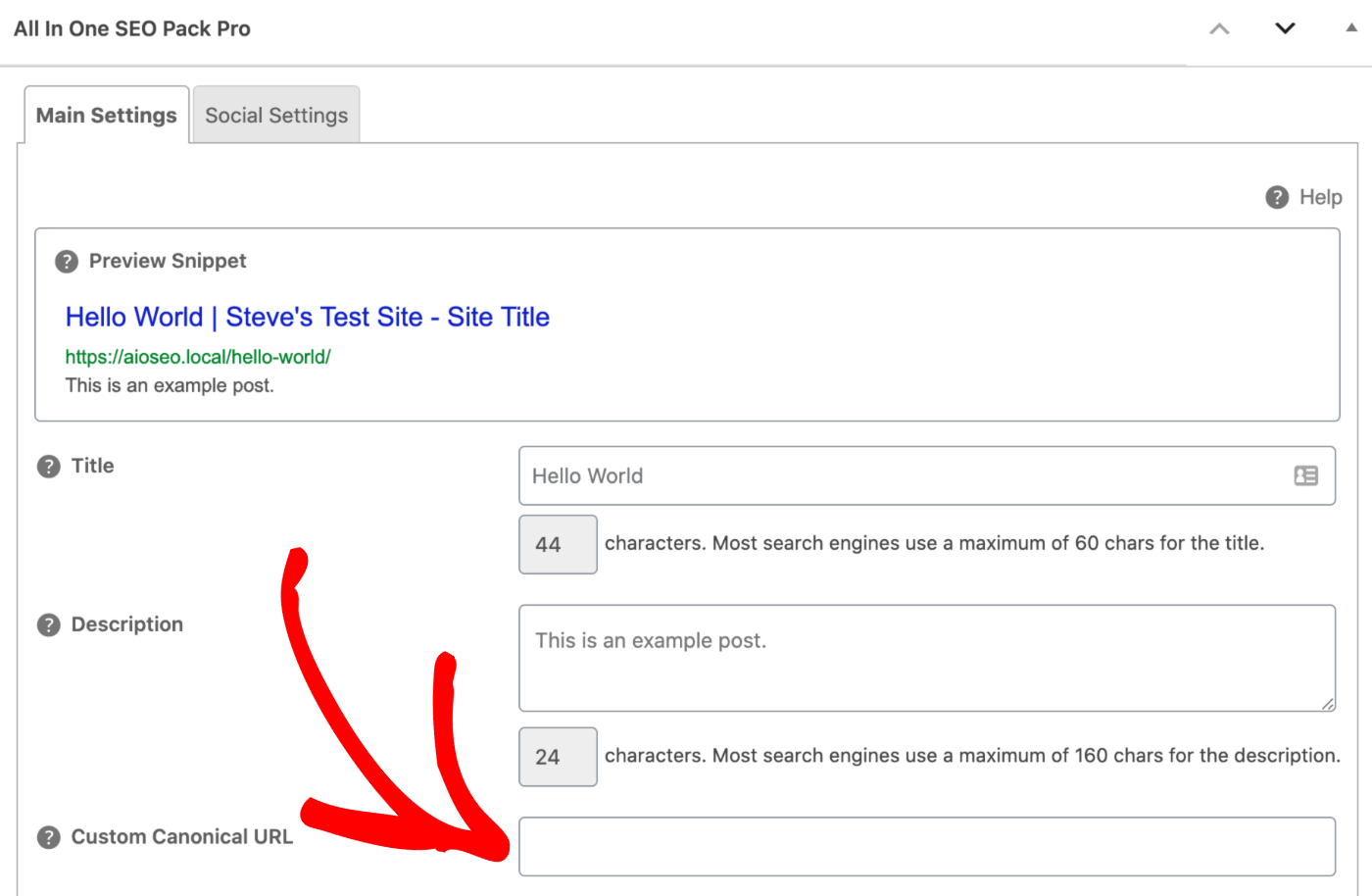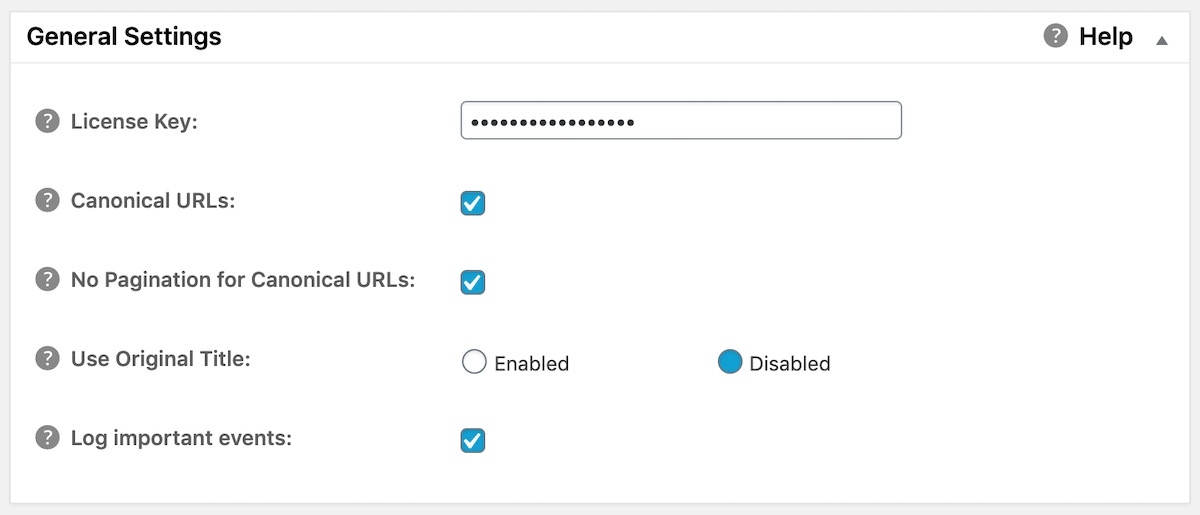Notice: There is no legacy documentation available for this item, so you are seeing the current documentation.
Canonical URLs are an essential part of SEO and are especially important with WordPress.
Whilst Canonical URLs are a feature built into WordPress, All in One SEO can help you manage them.
Tutorial Video
What Are Canonical URLs?
Canonical URLs make sure that search engines don’t get confused when different URLs point to the same content.
For example, in WordPress you can have multiple ways to reach content. You may have a blog post about “the difference between cats and dogs” which you’ve placed in two categories. This would result in two URLs that lead to the same blog post as follows:
https://mydomain.com/cats/the-difference-between-cats-and-dogs/ https://mydomain.com/dogs/the-difference-between-cats-and-dogs/
As both URLs point to the same post, a canonical URL would tell search engines which is the preferred URL for your post, so that they don’t think you have duplicate content on your site.
WordPress does a great job of outputting the canonical URL for your content. All in One SEO just supplements WordPress by adding some advanced features as follows:
Creating Custom Canonical URLs
All in One SEO lets you specify your own canonical URL for any item of content. You can find this setting by editing your content and scrolling down to the AIOSEO Settings section and click on the Advanced tab.

Enter the full URL you want to set for the Canonical URL in the field.

